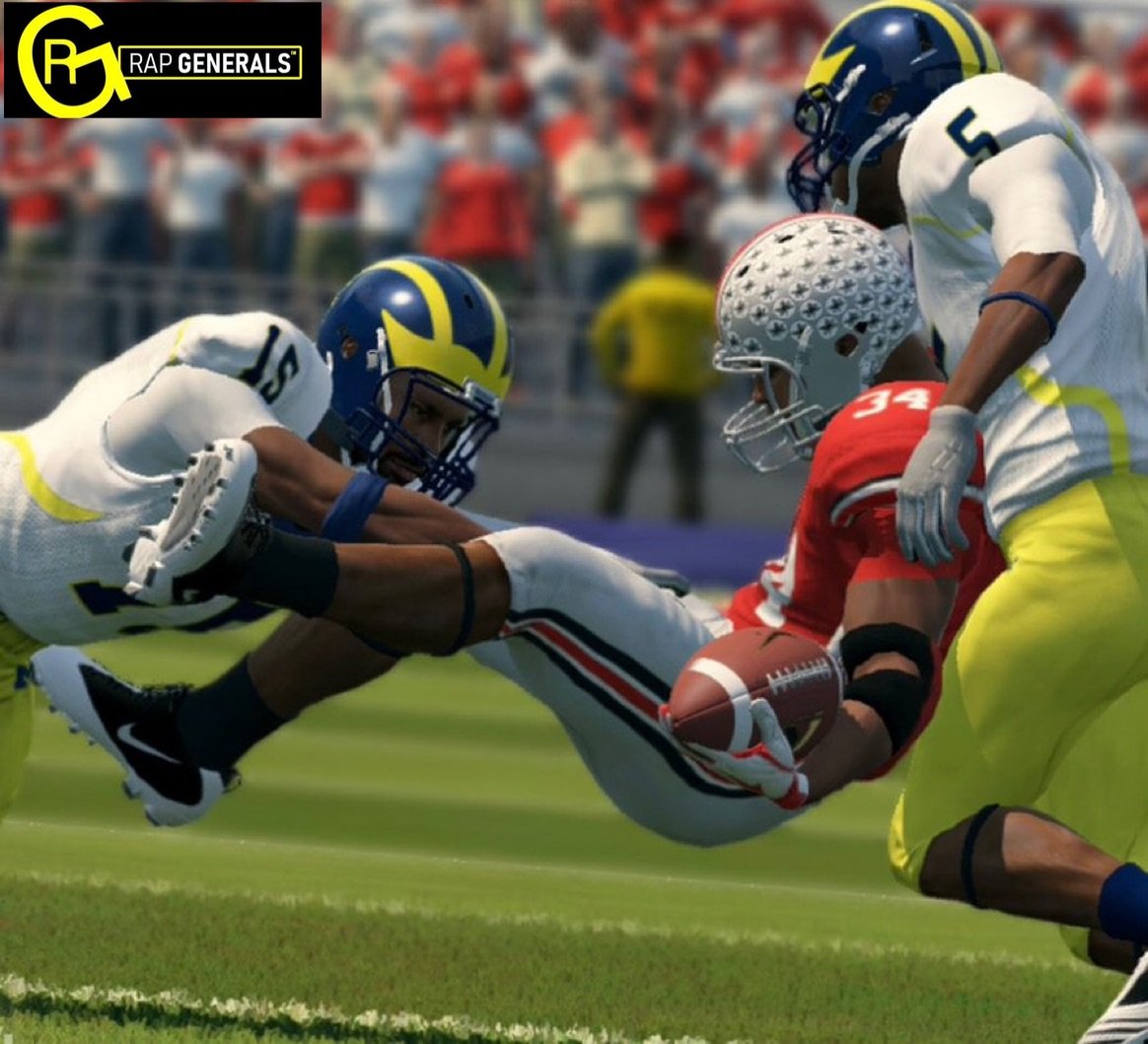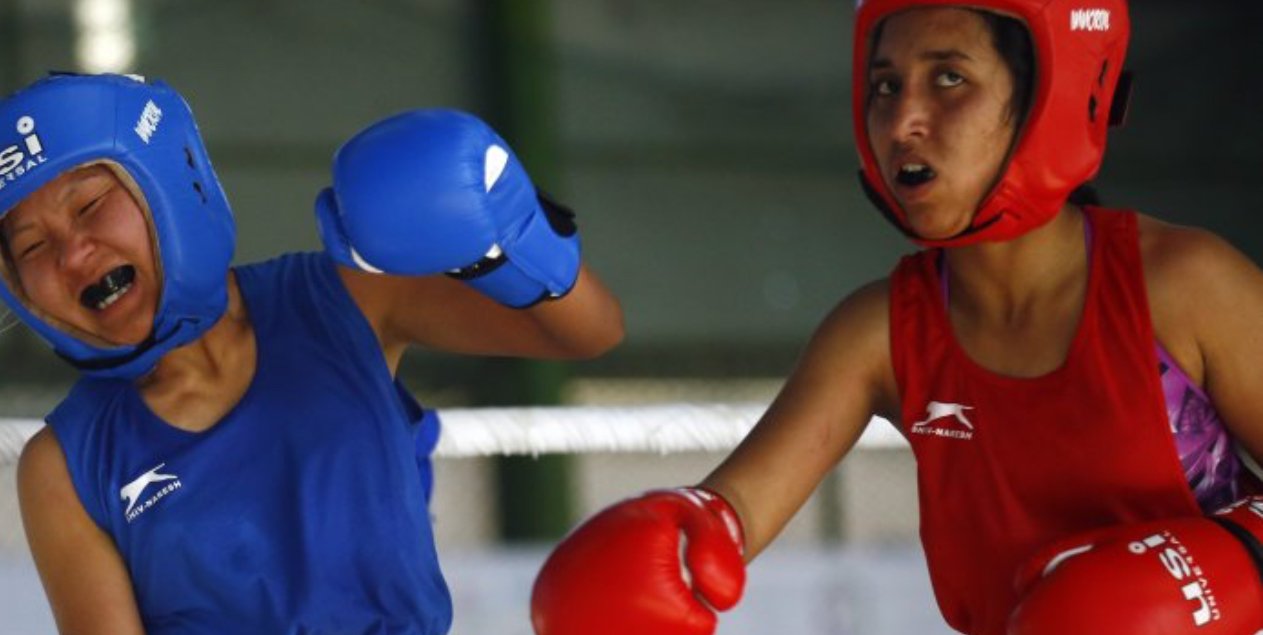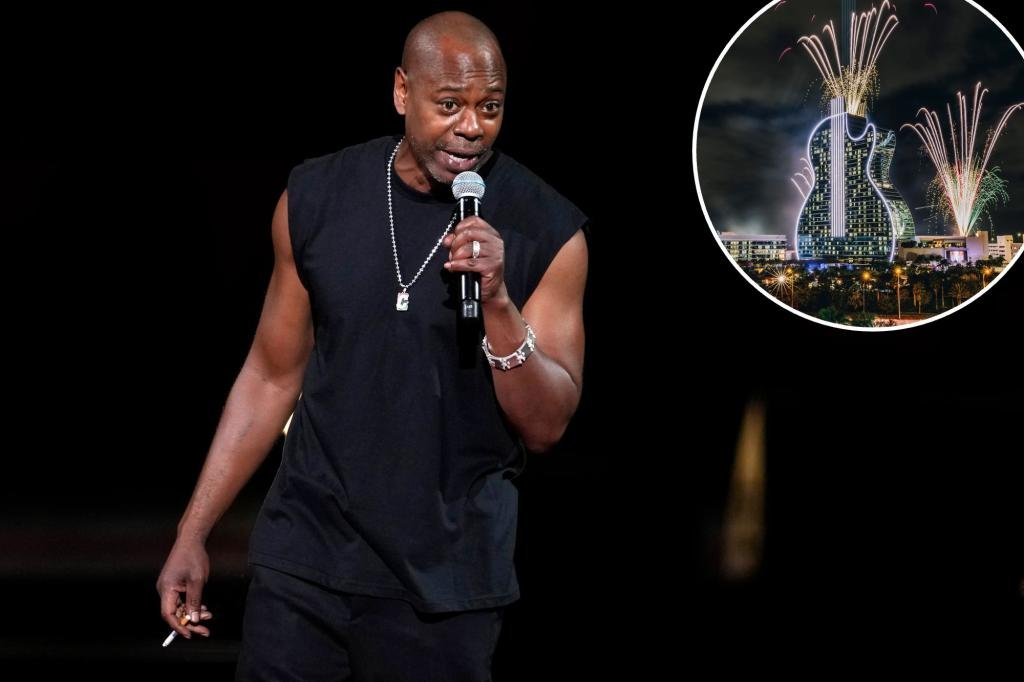In a highly anticipated move, the NCAA college football video game is set to make a comeback this year, stirring excitement among gaming and sports enthusiasts alike. What sets this revival apart is the decision to compensate players for the use of their likenesses, a significant development in the gaming industry.
The NCAA, known for its strict regulations on student-athlete compensation, has taken a groundbreaking step by acknowledging the value of players' images. Each player is slated to receive $500 for the use of their likeness in the video game—a move applauded by many who argue for fair compensation in collegiate sports.
This decision comes in the wake of increasing discussions around the rights and compensation of student-athletes. Historically, NCAA rules prohibited athletes from receiving any form of payment beyond scholarships, leading to debates on the fairness of this system, especially considering the lucrative nature of college sports.
The $500 payment, while a step in the right direction, has sparked conversations about the broader issues of athlete compensation. Some argue that this amount is still a fraction of the revenue generated by the video game and that a more comprehensive approach to compensating student-athletes is needed.
The return of the NCAA college football video game is expected to be met with enthusiasm, as fans eagerly anticipate the chance to virtually experience the thrill of college football once again. The incorporation of player likenesses adds an extra layer of realism to the gaming experience, enhancing the overall appeal for both players and fans.
As discussions surrounding athlete compensation continue to evolve, the release of the NCAA college football video game becomes a focal point in the ongoing dialogue about the rights and financial well-being of student-athletes. The $500 payment serves as a precedent, raising questions about the future of compensation structures in collegiate sports and the potential impact on the relationship between athletes, institutions, and the gaming industry.




















